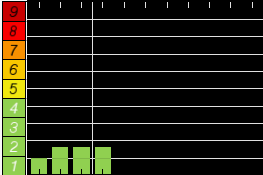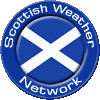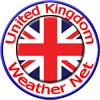Peebles Weather - Spacecraft and Satellites
Daytime temperatures are in direct sunlight so may be higher than official air temperature values.
As with any other website, we log your IP address and browser type in the server logs for diagnostic reasons. Cookies are used to record visit time and gauges preferences. No personal information is stored or processed.
All times are in local time (GMT, or BST in summer) unless specified.
2024/05/18 23:50 EGPH 182350Z 06007KT 2300 BR OVC001 11/10 Q1018
| 11.1°C | 0.0 mm | 0.0 mm | 0.0 mm | 1.3 mph | 2.2 mph | 1018.3 hPa | 97% |   |
 |
|||||||||||
| Station | Warn | Rain | Snow | Flood | Wind | Ltng | Heat | Cold | Glob | Moon | Temp | Rain 1h | Rain Sun | Rain 24h | Wind | 10m Gust | Pressure | Hum |  |
|
| m | Waxing Gibbous | Cool | F1-SSE | F: A: Kp:0 SSN:0 |
Spacecraft and Satellites
ISS
Earth Satellite Vehicle Passes
Bright Satellite List for your location.
|
Notes about viewing ESVs: |
Heavens above ISS Passes. All Satellites Today XHTML 1.1 | CSS

